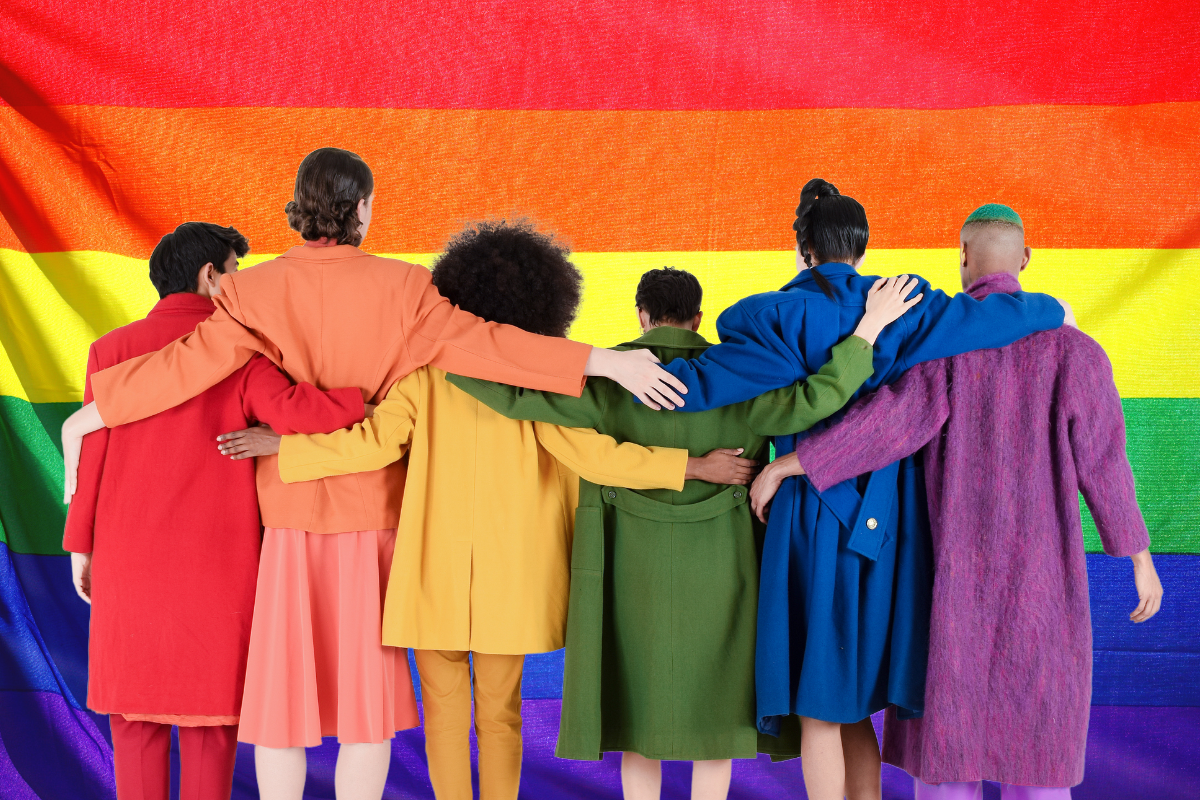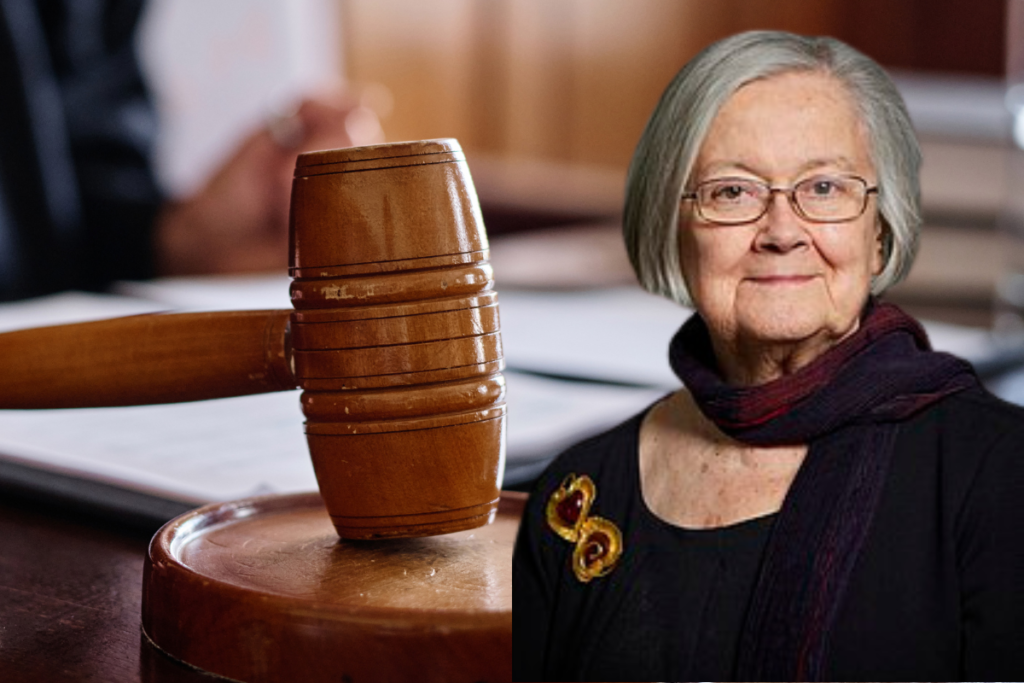In a nation where homosexuality is criminalised and societal prejudice runs deep, one lawyer stands resolute, risking personal safety to champion the rights of the LGBT community. Alice Nkom, an 80-year-old Cameroonian attorney, has dedicated over two decades to defending individuals persecuted for their sexual orientation, challenging both legal statutes and cultural norms in her pursuit of justice.
Cameroon’s penal code imposes prison sentences of up to five years for consensual same-sex relations, fostering an environment where LGBT individuals face not only legal repercussions but also ostracism from their families and communities. Despite this, Nkom remains unwavering in her commitment.
“I will always defend homosexuals because they risk their freedom every day, and they are thrown into prison like dogs,” she asserts. “My job is to defend people. I don’t see why I would say I’m defending everyone except homosexuals.
“Nkom’s journey into human rights advocacy began in 1969 when she became Cameroon’s first black female lawyer. Her focus shifted towards LGBT rights in 2003 after witnessing a group of young individuals being prosecuted for homosexuality.
This pivotal moment led her to establish the Association for the Defence of Homosexuality (Adefho), through which she has provided legal assistance to countless individuals facing discrimination and imprisonment due to their sexual orientation.
Her work has not been without peril. Nkom has endured public vilification, threats, and physical intimidation. She recalls instances where she was accosted in the streets and initially had to hire bodyguards for protection.
The government’s recent suspension of her human rights NGO, Redhac, and accusations of money laundering—charges she vehemently denies—further exemplify the systemic obstacles she confronts.
Despite these challenges, Nkom’s resolve is fortified by the individuals she represents. Many view her as a parental figure, a beacon of hope in an otherwise hostile environment. One activist, Sébastien (a pseudonym), expresses this sentiment: “She’s like our father and our mother. She’s the mother we find when our families have abandoned us.”
The broader societal context in Cameroon remains grim for the LGBT community. A recent song promoting violence against homosexuals has gained popularity, exacerbating the dangers they face. Activists report increased incidents of entrapment and assaults, with perpetrators emboldened by such inflammatory rhetoric.
In a surprising development, Brenda Biya, daughter of President Paul Biya, publicly identified as a lesbian last year. Nkom views this revelation as a potential catalyst for change, stating, “I’m using the Brenda case as a precedent. Now I have a case on which I can challenge the president.
She has called upon Ms. Biya to actively support the decriminalisation of homosexuality in Cameroon, though no response has been forthcoming. Nkom’s unwavering dedication underscores a profound commitment to human rights, challenging a legal system and societal norms that marginalise vulnerable populations.
Her efforts highlight the ongoing struggle for equality in Cameroon, where the intersection of law, culture, and personal conviction continues to shape the lives of many. As she prepares to face further governmental scrutiny, Nkom remains steadfast: “You shouldn’t jail fundamental rights, you shouldn’t repress them—you should protect them.”
Her words resonate as a clarion call for justice, embodying the resilience and courage required to confront entrenched discrimination.



